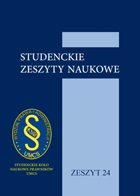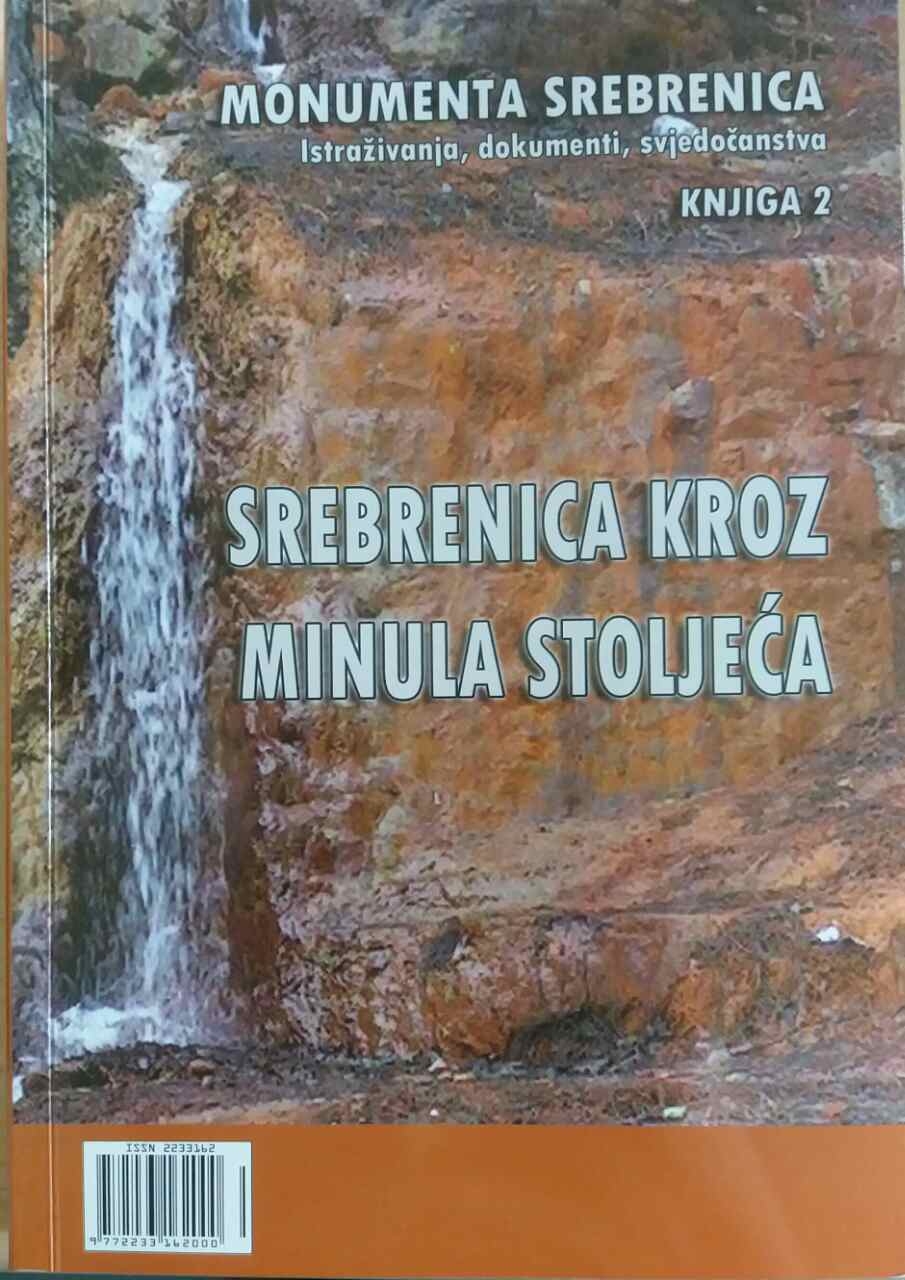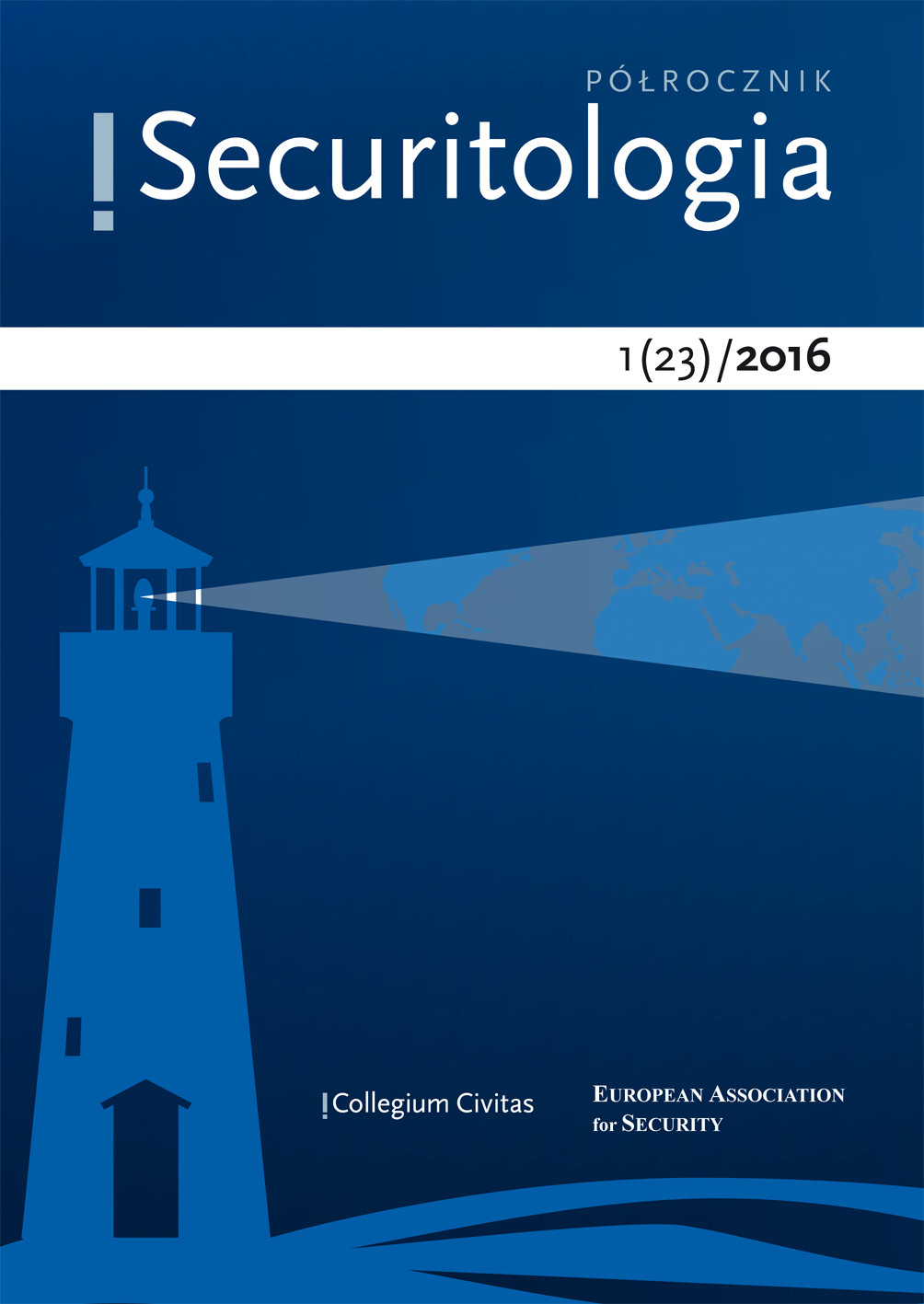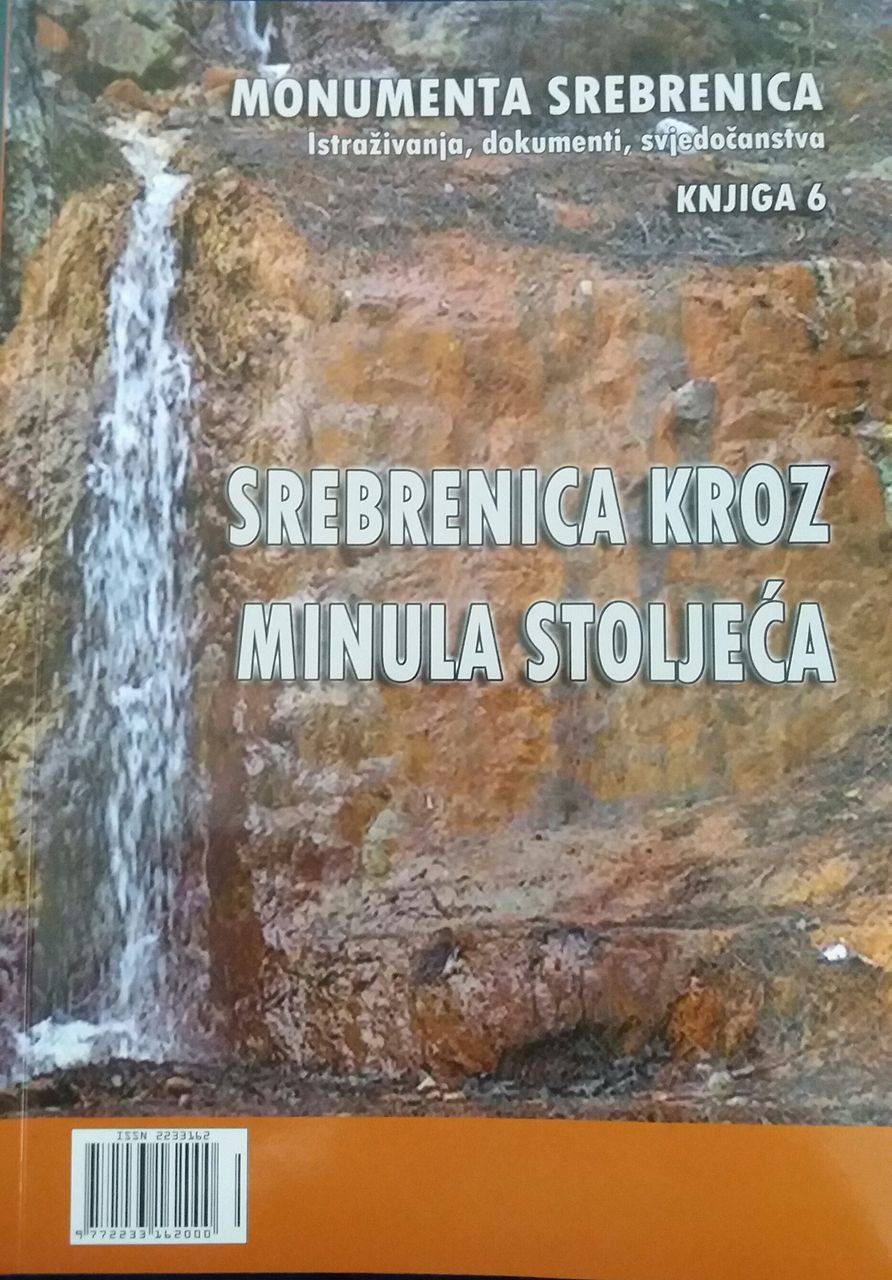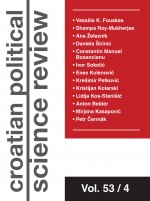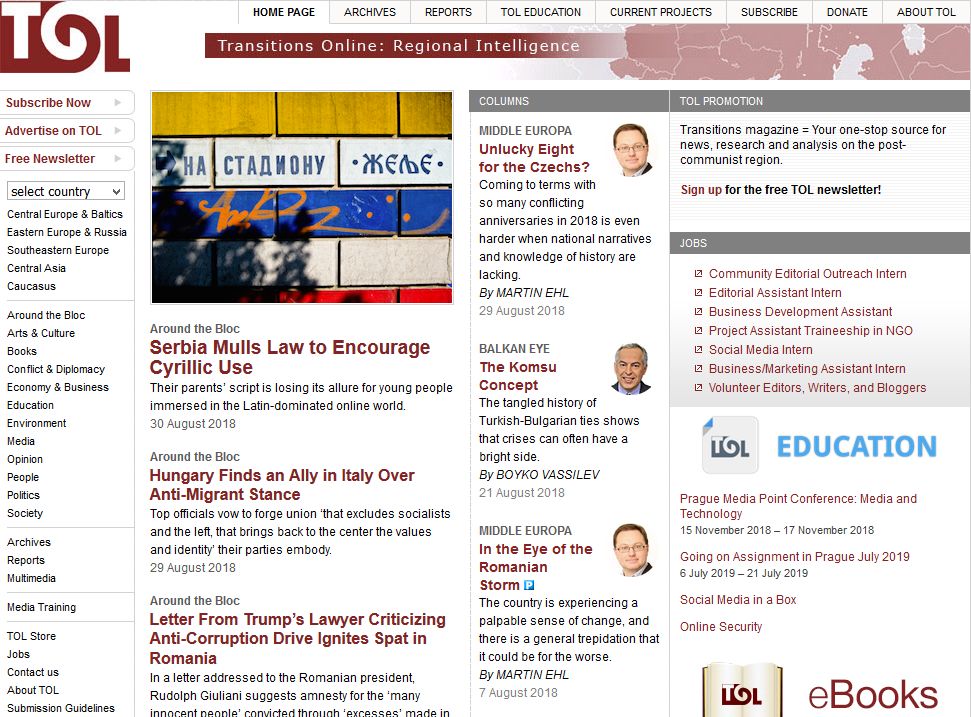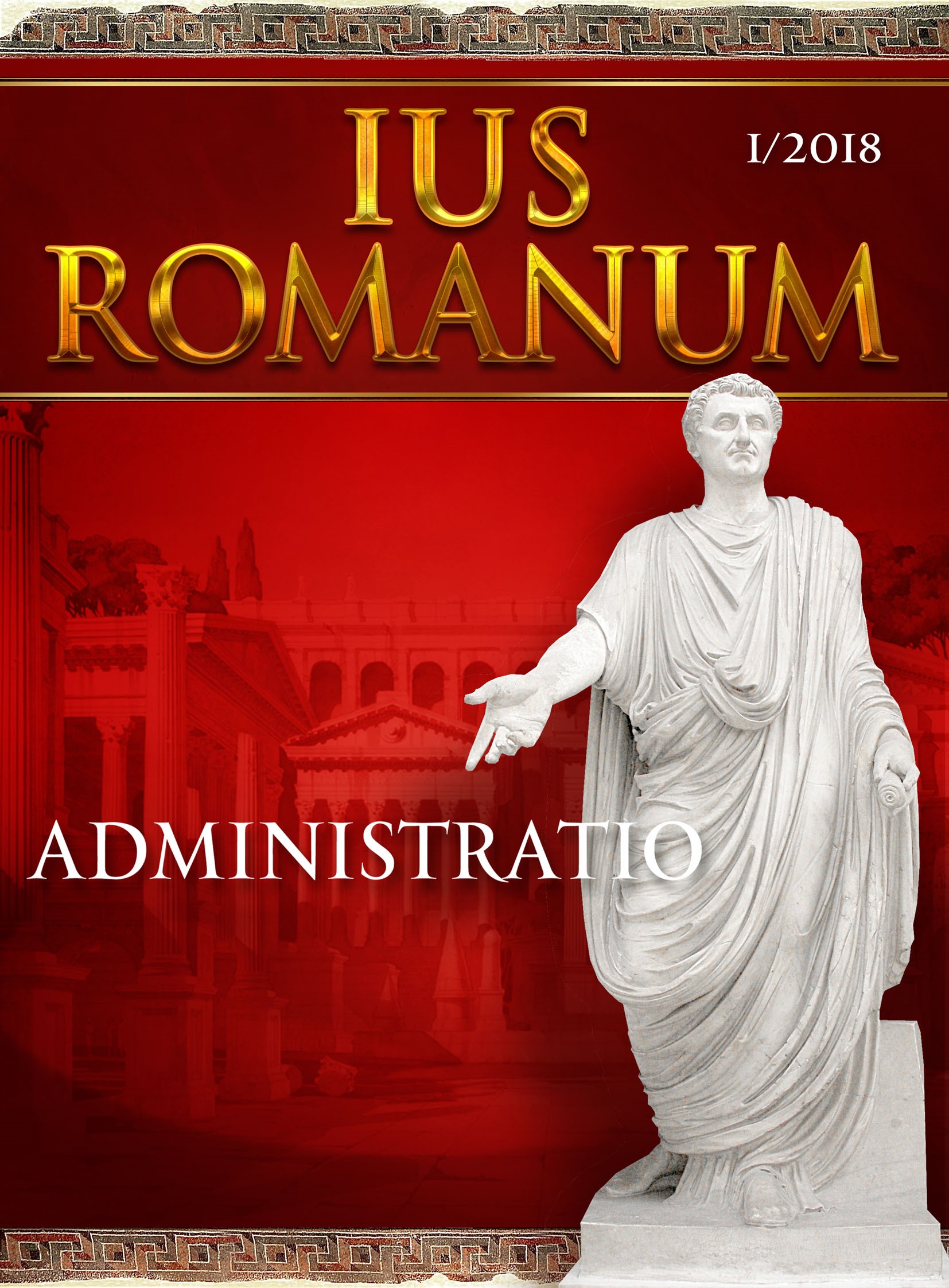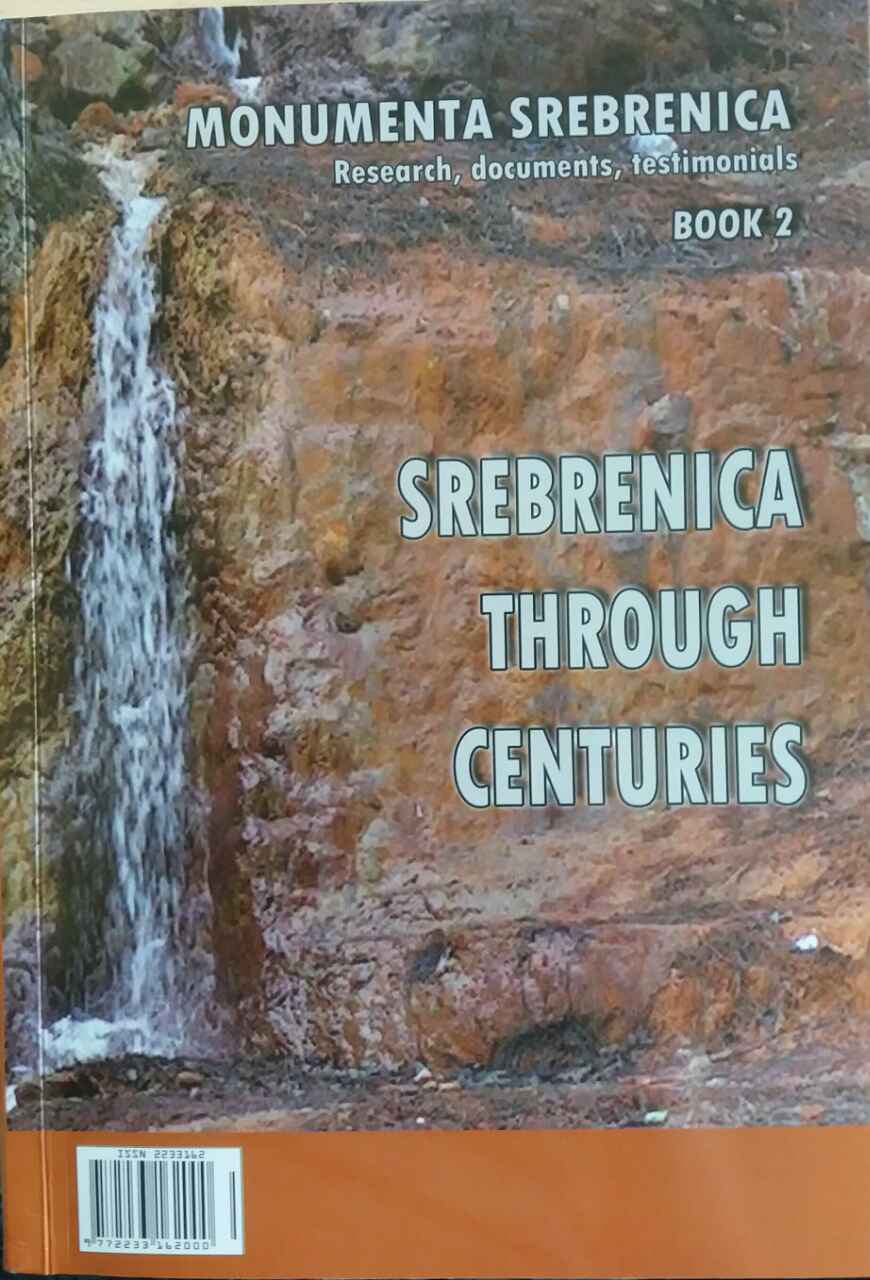
Prva presuda za genocid u Evropi poslije drugog svjetskog rata
This paper presents the case of prosecution of Nikola Jorgić called Jorga, for genocide in the region of Doboj in Bosnia and Herzegovina. The case was prosecuted, according to the principle of universal jurisdiction, before the court in Germany. Nikola Jorgić was found guilty of genocide and sentenced to life imprisonment, which he serves in a prison in Bochum, Germany. Due to the importance of this process, and the fact that in scientific and professional circles, especially in the public the facts proved in this case do not use enough, we decided to make the translation of the judgment of the Federal Court in Dusseldorf. This work should stimulate interest in this very important case, but also for some other cases for war crimes which were sentenced by the same principle in Germany and some other countries.
More...
